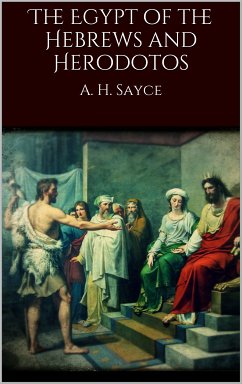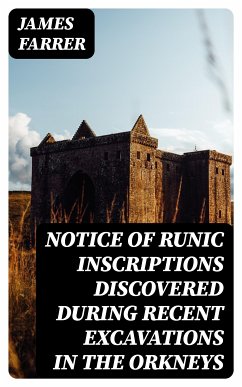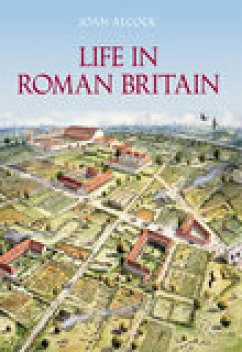
Early Britain-Roman Britain (eBook, ePUB)
Versandkostenfrei!
Sofort per Download lieferbar
0,49 €
inkl. MwSt.
Weitere Ausgaben:

PAYBACK Punkte
0 °P sammeln!
In "Early Britain-Roman Britain," John William Edward Conybeare meticulously examines the profound transformations that swept across Britain during the Roman conquest and subsequent occupation. The book employs a rich narrative style that is both engaging and informative, woven with scholarly rigor to illuminate the socio-political and cultural shifts of this pivotal era. Conybeare contextualizes Britain's transition from tribal societies to a complex Roman province, drawing upon archaeological findings and ancient texts to enrich his portrayal of the era's intricate dynamics. Conybeare, a pro...
In "Early Britain-Roman Britain," John William Edward Conybeare meticulously examines the profound transformations that swept across Britain during the Roman conquest and subsequent occupation. The book employs a rich narrative style that is both engaging and informative, woven with scholarly rigor to illuminate the socio-political and cultural shifts of this pivotal era. Conybeare contextualizes Britain's transition from tribal societies to a complex Roman province, drawing upon archaeological findings and ancient texts to enrich his portrayal of the era's intricate dynamics. Conybeare, a prominent 19th-century scholar and historian, was deeply influenced by the burgeoning fields of archaeology and classical studies during his lifetime. His educational background in theology and his subsequent fascination with ancient civilizations equipped him with a unique lens through which to analyze Britain's Roman past. His passion for demystifying the historical narrative is evident in his thorough approach, reflecting a commitment to illuminating Britain's role in the ancient world. This book is an essential read for scholars and enthusiasts of history alike, providing invaluable insights into a formative period that shaped the development of Britain. Conybeare's intersection of narrative flair and academic precision renders "Early Britain-Roman Britain" a vital addition to any historical library, as it invites readers to consider the legacies of Roman rule still present in modern Britain.
Dieser Download kann aus rechtlichen Gründen nur mit Rechnungsadresse in A, B, BG, CY, CZ, D, DK, EW, E, FIN, F, GR, H, IRL, I, LT, L, LR, M, NL, PL, P, R, S, SLO, SK ausgeliefert werden.













